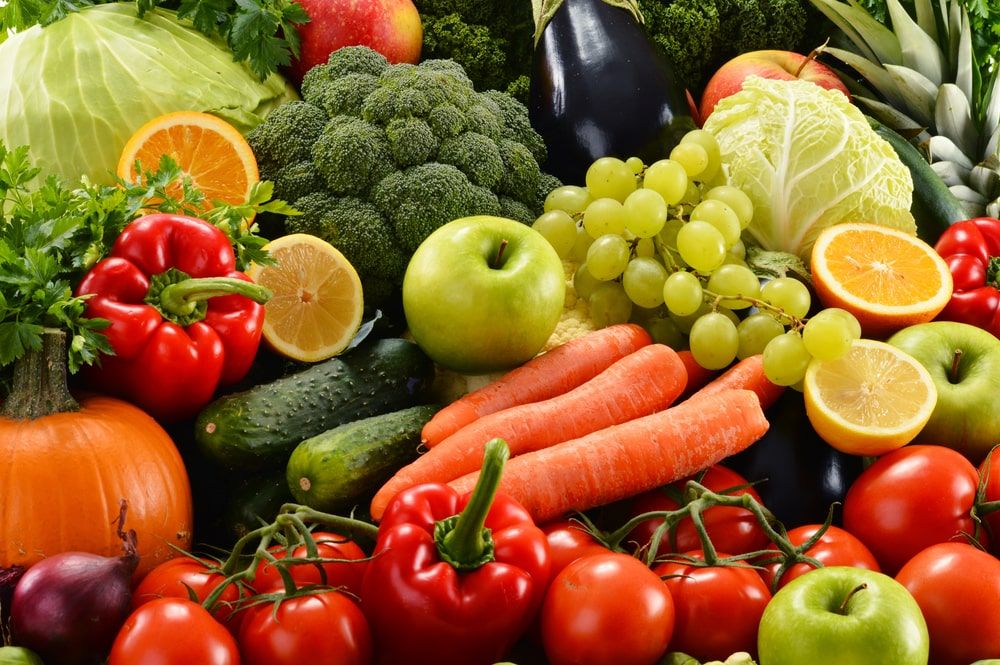Addiction takes a major toll on a person’s body. It often leads to irregular eating habits and poor nutrition. Nutrients, vitamins and minerals provide the body with the ability to function properly and repair itself. Nutrients provide the body with energy, help to strengthen the immune system and help the body with overall better health. This is incredibly important while in recovery for substance abuse. Feeling better and being healthy enables a person to focus on the recovery process.
Some important guidelines to remember.
- Stick to regular mealtimes
- Eat foods that are low in fat
- Get more protein, complex carbohydrates, and dietary fiber
- Vitamin and mineral supplements may be helpful during recovery (this may include B-complex, zinc, and vitamins A and C)
- Stay away from processed sugar
- Less caffeine
Foods that will help during recovery
- Leafy Greens: Green leafy plants are good for the digestive tract. They can help with digestive problems due to nausea and diarrhea throughout the withdrawal process. (Kale, Spinach, Barley and other green vegetables).
- Fruit: High in vitamins. Citrus is helpful with flushing toxins out of the body. (Oranges, lemons and limes. All can be placed in water)
- Cranberries & Cherries: The antioxidants found in green tea can help increase liver function.
- Garlic: Flushes out toxins and stimulates liver function
- Nuts and Seed: Provide clean protein and help detox the body.
- Omega 3 oils: Help clean the body and organs. Help lubricate the intestinal wall and keep it healthy. (Coconut, hemp, and extra virgin olive oil).

